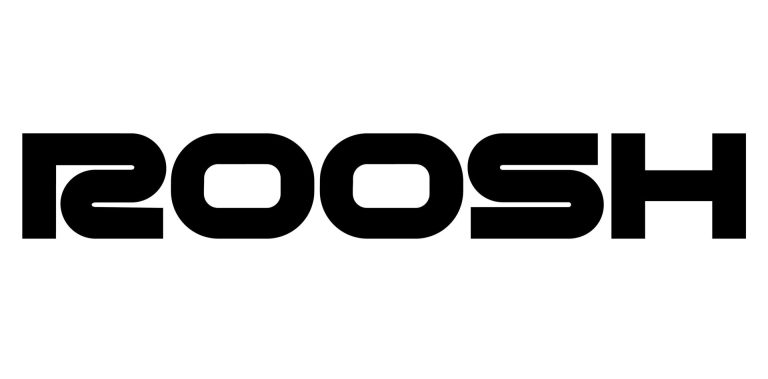In today’s rapidly evolving digital economy, businesses must find new and innovative ways to meet consumer demand. One of the most impactful strategies is adopting unique payment methods. As technology advances and consumer preferences shift, companies that integrate modern payment solutions can streamline transactions, improve customer satisfaction, and stay competitive. Below, we explore several unique payment methods and provide examples of industries where they are making a significant impact.
1. Buy Now, Pay Later (BNPL)
Buy Now, Pay Later (BNPL) services let shoppers make purchases and pay for them in installments, often without interest if paid on time. This model has become particularly attractive to younger consumers who prefer financial flexibility and the ability to manage their spending over time. For businesses, BNPL can increase conversion rates, reduce cart abandonment, and foster customer loyalty by offering an easy way to pay for larger items.
In the retail sector, particularly for e-commerce platforms, BNPL services are becoming a mainstream payment option. Retailers offer consumers the option to spread payments over several months, making it easier to afford higher-priced items. This flexibility not only helps increase sales but also attracts customers who may otherwise delay or abandon their purchases due to financial constraints.
2. Cryptocurrency Payments
Cryptocurrency, such as Bitcoin, Ethereum, and other digital assets, is gaining popularity as a payment method. As a decentralized form of currency, cryptocurrency allows businesses to conduct transactions without involving traditional banks, which can lower transaction fees and improve security. This method can particularly appeal to tech-savvy consumers and international customers who seek a secure, efficient, and privacy-focused payment option.
The online gaming and gambling industry has increasingly adopted cryptocurrency payments, allowing players to deposit, wager, and withdraw funds using digital currencies. In some regions, like the UK, domestic casino sites that are part of GamStop don’t yet accept crypto. However, most international non-GamStop sites do accept crypto as a form of payment. This payment method offers users a fast, secure, and often anonymous transaction process, which is especially appealing in markets where financial privacy and the ability to transact quickly are valued. Players increasingly want to take advantage of the benefits that crypto offers while wagering online, so more gamers are looking to find non GamStop casinos list at newhorrizon.eu because these sites offer flexible betting options, unique payment methods and usually give players more options in general when it comes to games and bonuses and well.
3. Mobile Wallets
Mobile wallets, like Samsung Pay, Google Pay, and Apple Pay, allow customers to make payments using their smartphones, eliminating the need for physical credit or debit cards. These mobile payments use Near Field Communication (NFC) technology, making transactions fast, secure, and convenient. As more consumers adopt smartphones, businesses that accept mobile wallet payments are better positioned to meet the growing demand for digital convenience.
The hospitality industry, particularly in restaurants and hotels, has embraced mobile wallet payments to enhance customer convenience. Patrons can easily pay for meals or hotel stays through their smartphones, speeding up the payment process and reducing reliance on physical cards or cash. This system also integrates loyalty programs, allowing customers to earn rewards with each transaction, which improves customer satisfaction and retention.
4. Contactless Payments
Contactless payments enable consumers to make transactions by simply tapping their credit or debit card, or even their mobile device, against a point-of-sale terminal. This technology allows for quick, seamless payments and has grown in popularity, especially in the wake of the COVID-19 pandemic, as consumers seek safer, more hygienic methods of paying.
In the transportation sector, contactless payments are revolutionizing how commuters pay for fares. Many cities have implemented tap-and-go systems for buses, trains, and metros, where passengers simply tap their cards or mobile devices on the fare gates. This fast and efficient method speeds up boarding times, reduces queues, and enhances the overall customer experience, making it easier for commuters to pay for their travel without the need for cash or physical tickets.
5. Subscription-Based Payments
The subscription-based payment model allows consumers to pay a recurring fee for ongoing access to goods or services. This model is particularly popular in industries where continuous access to content or products is desirable, such as entertainment, software, or fitness. For businesses, it provides a predictable revenue stream and helps foster customer loyalty.
In the media and entertainment sector, subscription-based payments have transformed the way consumers access content. Streaming services that provide on-demand access to movies, TV shows, music, and other digital media have seen rapid growth. Subscription models give consumers easy access to a wide range of content for a fixed monthly fee, while businesses benefit from steady income and an ability to continuously engage users with new content.
6. Voice-Activated Payments
Voice-activated payments are an emerging method that allows consumers to complete transactions simply by speaking commands to voice assistants such as Amazon’s Alexa, Google Assistant, or Apple’s Siri. As voice recognition technology improves, voice-activated payments offer hands-free, efficient, and convenient options for making purchases.
In the e-commerce industry, voice-activated payments are becoming increasingly popular as consumers seek convenience when shopping online. Customers can place orders, add items to their cart, and even complete transactions just by speaking to their smart devices. This method is particularly useful for busy individuals who want a frictionless shopping experience while at home or on the go, thereby driving convenience and increasing sales.













 Bitcoin
Bitcoin  Ethereum
Ethereum  XRP
XRP  Tether
Tether  Solana
Solana  USDC
USDC  TRON
TRON  Lido Staked Ether
Lido Staked Ether  Cardano
Cardano  Avalanche
Avalanche  Toncoin
Toncoin